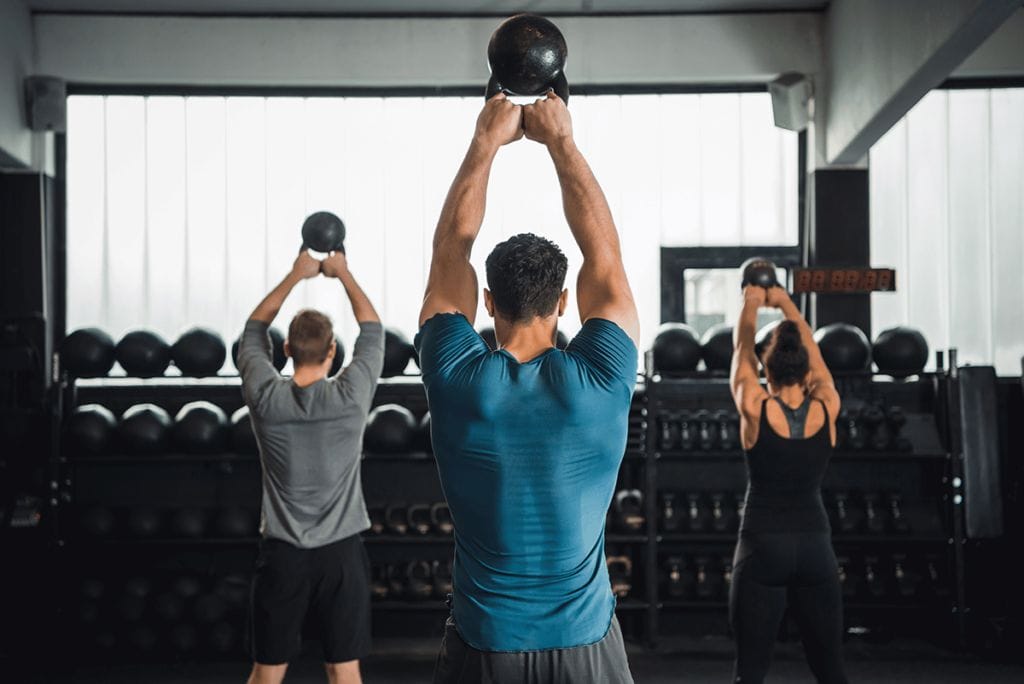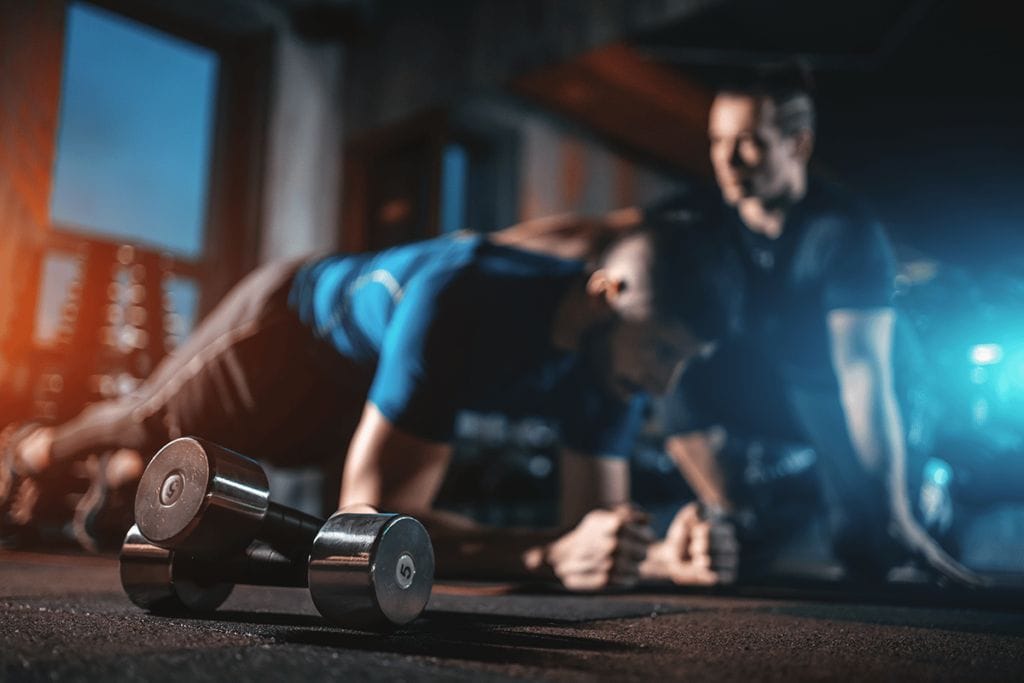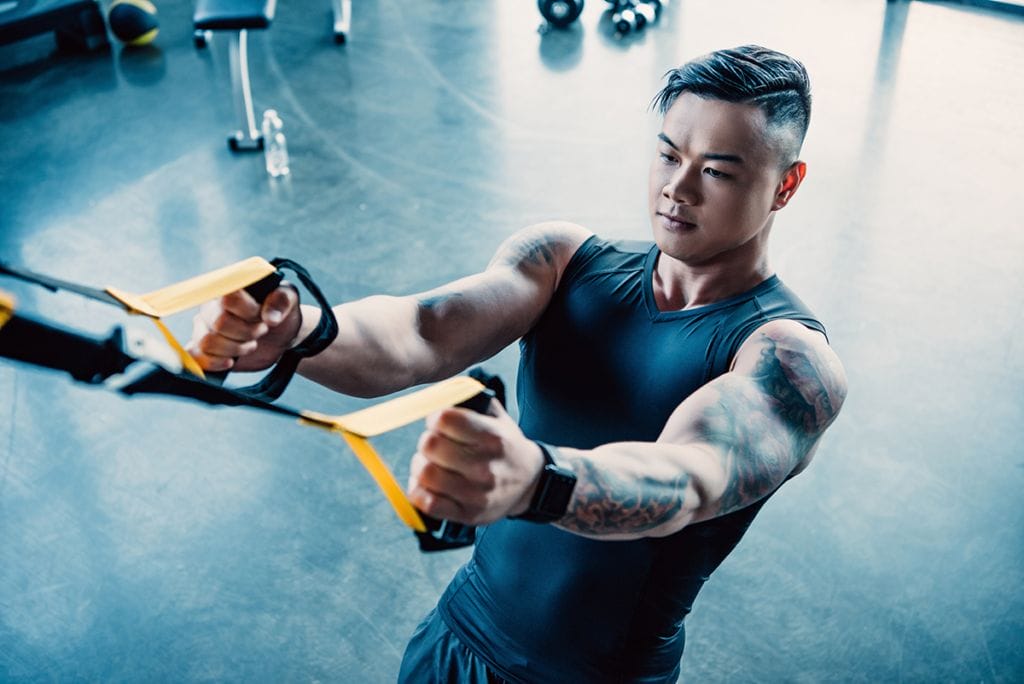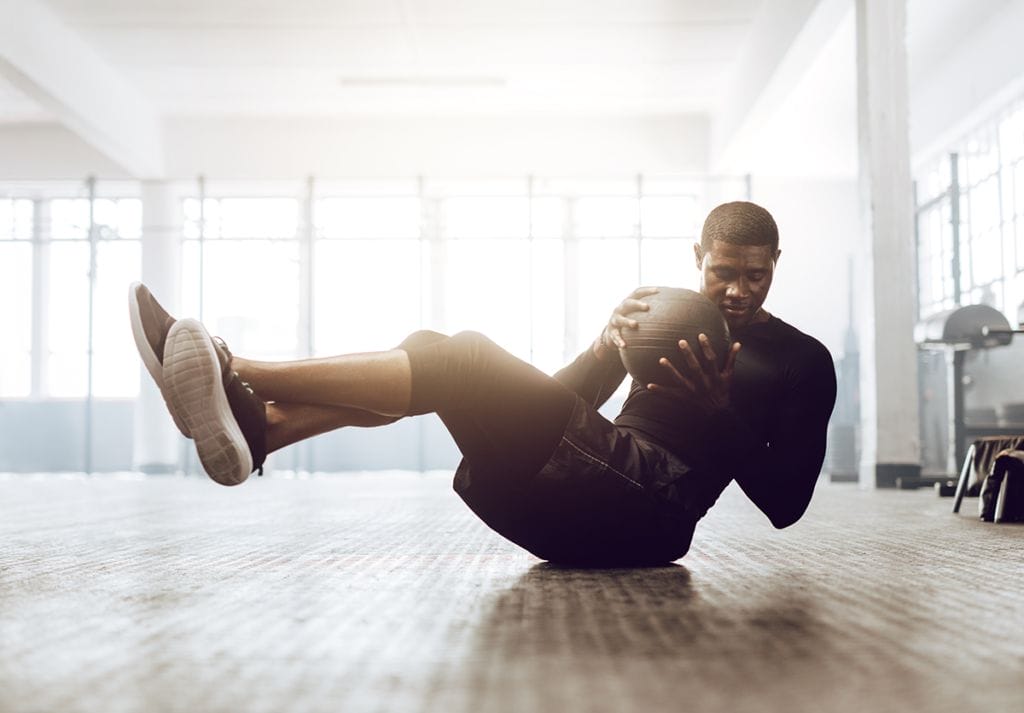Performance training is designed to improve an athlete’s ability to meet the demands of their sport. It is typically used by competitive athletes in order to improve their chances of success in competition.
There is no one-size-fits-all approach to training, as the specific needs of each athlete will vary depending on their sport and their individual goals. However, there are some general principles that any athlete or active person looking to improve their performance should keep in mind—regardless of which sport they participate in.
While sport-specific training is extremely beneficial, it’s still possible to become stronger, faster, and more powerful in any sport by engaging in specific types of athletic training.
Not all training is purely physical—in fact, a significant portion of it is mental. Education and training the mind is a component of the best performance training programs that is often overlooked but can be extremely beneficial.
Performance Training FAQ:
Here are answers to some frequently asked questions about athletic performance training:
Q: How can sports performance training help me improve my game?
A: Sports performance training can help you by improving your strength, power, speed, agility, and coordination. These improvements can help you become a better overall athlete and improve your game.
Q: How often should I train?
A: In general, it is recommended that you train 3-5 times per week for optimal results. However, this will vary depending on your sport, current health and fitness levels, individual goals, and training schedule.
Q: What exercises should I do?
A: The exercises you do will depend on your sport, of course, but some common exercises for performance training include squats, lunges, deadlifts, presses, rows, and pull-ups. If you are not sure what exercises are best for you, it is recommended that you consult with a registered strength and conditioning coach.
Q: What should I eat before and after my workouts?
A: It is important to fuel your body properly before and after your workouts. Eating a healthy meal or snack that contains carbohydrates, protein, and healthy fats will help you perform your best and recover quickly. Some good options include Greek yogurt, fruit, whole grain toast, peanut butter, or chicken.
Q: What should I do if I am injured?
A: If you are injured, it is important to seek professional medical help. Once you have been cleared by a doctor, you can begin working with a physiotherapist to create a rehabilitation program. This program will help you regain strength and range of motion in the injured area so that you can return to your sport.
Q: What are some other benefits of sports performance training?
A: In addition to improving your game, sports performance training can also help you prevent injuries. Strong muscles and joints can help protect your body from the wear and tear of sports. Training can also improve your mental toughness and focus, which can be beneficial in competition.
Conclusion
We all want to be our best when we are playing sports—and performance training can help us get there. By improving our strength, power, speed, agility, and coordination, we can become better athletes overall. And when we are better athletes, we are more likely to enjoy our sports and excel in them. So if you’re looking for ways to improve your game, consider an athletic performance training program.




